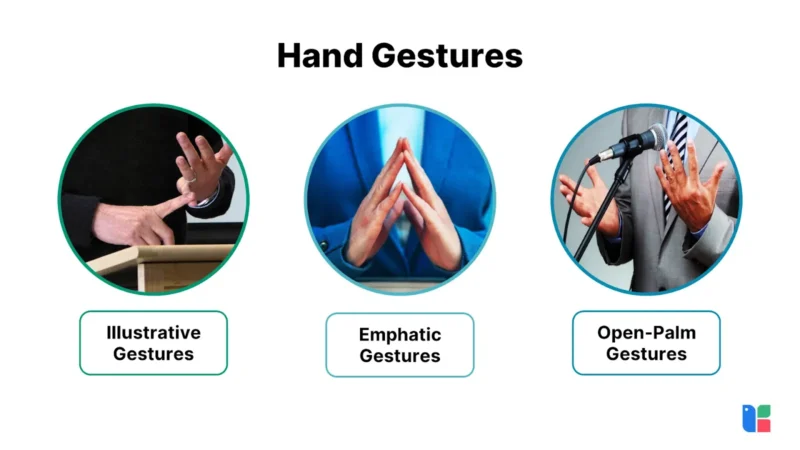The Power of a Nameplate
Name plates provide a certain power that we might not really consider or understand until we really think about it – but it is obvious in a way. Stop now and think about the name plates you see every day, they provide you with helpful if not essential information right? Even simple things like door name plates are the indication we receive as to what lies beyond that barrier, whether it is a person or a bathroom. Understanding that there is a purpose behind every one of them is something we don’t do at first, but when you think about it they are each there for an important reason and things would of course be more difficult without them, particularly in large buildings where rooms, corridors and doors all look alike.
Business buildings aren’t the only place you’ll see a name plate, think about it – dog’s kennels, stables and children’s bedrooms all often have some form of name plate. Why is that? We use name plates to mark what is ours, as children when you receive a name plate it is the civilised way in which you learn to mark your territory – an instinct we have throughout our lives just like any other animal. When we are young we are used to only our own homes, slowly we visit friends and family – we feel more comfortable to go into a friends room when it has their name on the door, we might not realise it but when this is the case we feel that we are entering a space that belongs to them. Often children are more respectful of places that belong to others, but will not feel as comfortable or relaxed if they are uncertain as to who the space belongs to.
This is behaviour that continues as we grow older, through our teenage years the nameplate might be accessorised with a ‘keep out’ sign, this is a natural need of privacy. When hormones are high during teenage years the instinct to claim territory and items becomes stronger so having a space that we can label as our own helps us to feel more at peace and relaxed, usually increasing our sense of privacy and safety.
Even into adulthood, although we might not display our name on our bedroom door we often like to put the family name on items, American mailboxes with the family name engraved or printed on them often serves to declare that this is a home belonging to that family. Similarly we might put the family name on the front door or gate as an indication that the space belongs to us. The key thing when we get to adulthood is work, so it is of no surprise that we feel a great sense of pride if our desk or office has a name plate for us, particularly so if it is accompanied by our job titles.
Human psychology is very simple, we are impressionable beings and when in an area that shows we are professional and important we will choose to act in a manner that fits that impression, so if you give an employee a name plate that declares their professional career you may find them aiming to meet the expectations of their job role more. It reminds us of our status and duties and allows us to express pride in our positions, in a way it is similar to the idea of using a name plate to advertise that a space belongs to you when you were a child, but instead you are indicating that a the position belongs to you.
Colleagues, employees, clients and even friends will instantly gauge your importance and value in the company when they see your nameplate, which of course furthers the idea of pride in your position – people are instantly going to be treating you in a professional manner befitting your position and you’re much more likely to continue those mannerisms to meet their expectations of you. So in short you can actually use a nameplate to manipulate people’s behaviours, if you have a child that takes up the living room all the time label their bedroom as their space and you will probably find they spend more time in it and are more likely to direct their friends there. If you want to motivate employees or encourage professionalism offer a nameplate and you might find things improve. Simple changes are often the ones that can make the biggest impacts.
Author Bio:
Katy currently writes for Croft Cast Signs, a company that specialises in making street signs, house signs and various other signs.





